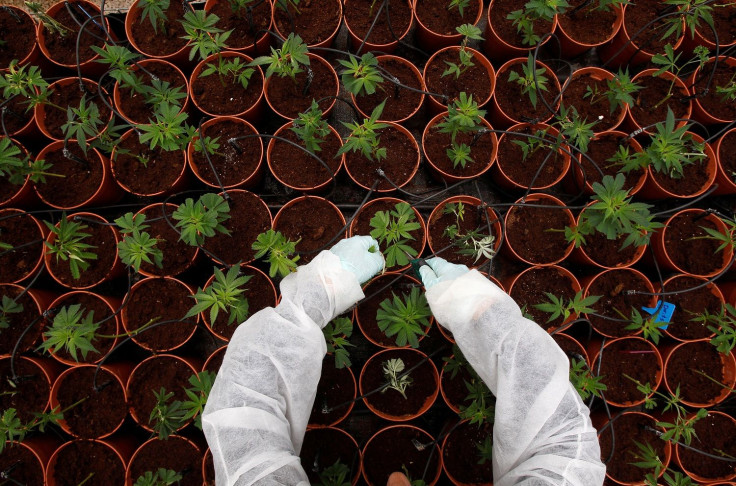Push for medicinal cannabis to be placed on PBS as 'affordability remains an issue'

Medicinal cannabis should be subsidised on the Pharmaceutical Benefits Scheme (PBS), according to Queensland Health Minister Cameron Dick. The news comes on the heels of the examination of a bill that pushes for lowering the prices of drugs and making them available for patients in Queensland.
In writing to Federal Health Minister Greg Hunt, Dick asked the Commonwealth to make medicinal cannabis affordable by enlisting it on the PBS. This comes as patients have been told they will need to pay tens of thousands of dollars a year for access to the drug. As a result, several patients have been forced to acquire the product through illegal means.
"Our government is doing all it can to access legal products, but while there is no domestic supply and no subsidisation under the Pharmaceutical Benefits Scheme (PBS), affordability remains an issue," Dick said. In reply, Hunt said that a drug could not be placed on the PBS until the Pharmaceutical Benefits Advisory Committee (PBAC) gives a recommendation in favour of it.
For a drug to make it to the PBS, it requires an approval for commercial supply through the Therapeutic Goods Administration (TGA) by registering on the Australian Register for Therapeutic Goods. "There are over 20,000 prescriptions filled for unregistered medicines in Australia every year and none of these medicines receive PBS subsidies," Hunt said.
"To make an exception for medicinal cannabis products would set an inappropriate precedent and undermine both the PBS listing process and the TGA's approval process, leading to poorer public health outcomes," Hunt added. According to Chief Health Officer Jeannette Young, medicinal cannabis can become less expensive if its local production is given a green signal , rather than having it imported from outside the country .
Former Victorian premier Jeff Kennett recently launched a report that calls for decriminalisation of illicit drugs, including cannabis. The report, compiled by think tank Australia21, calls for the establishment of a testing regime that will ensure the safety of the product being consumed and creating safe spaces for taking drugs.
The report also recommends regulation and tax models, taking into account overseas experiences and moving psychoactive drugs from the black market to the white market. An effective marketing strategy should accompany decriminalisation of drugs, the report said. More than 50 approvals for medicinal cannabis products, out of a total of 83 applications, have been processed by the Commonwealth since the start of 2016.





















